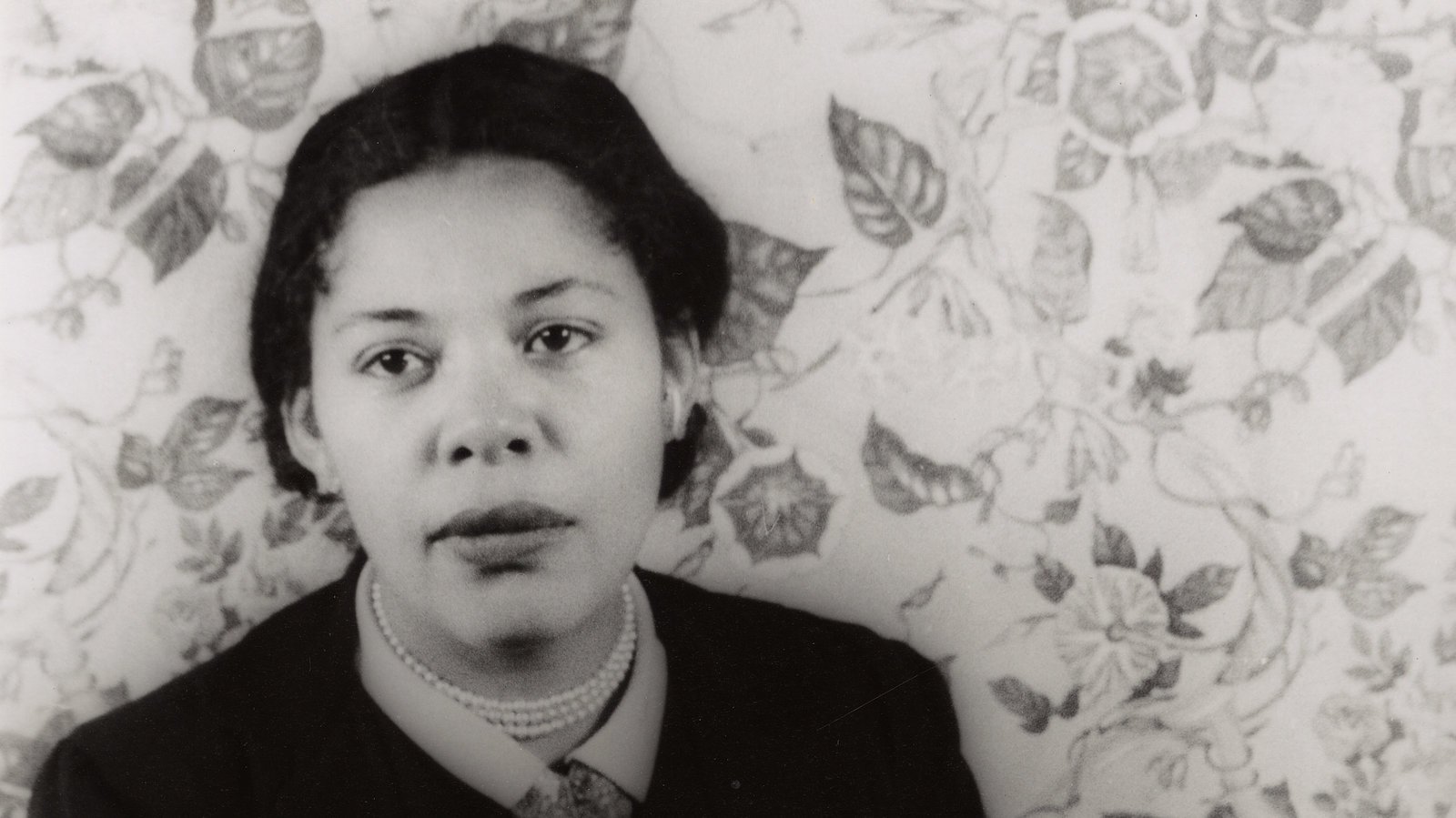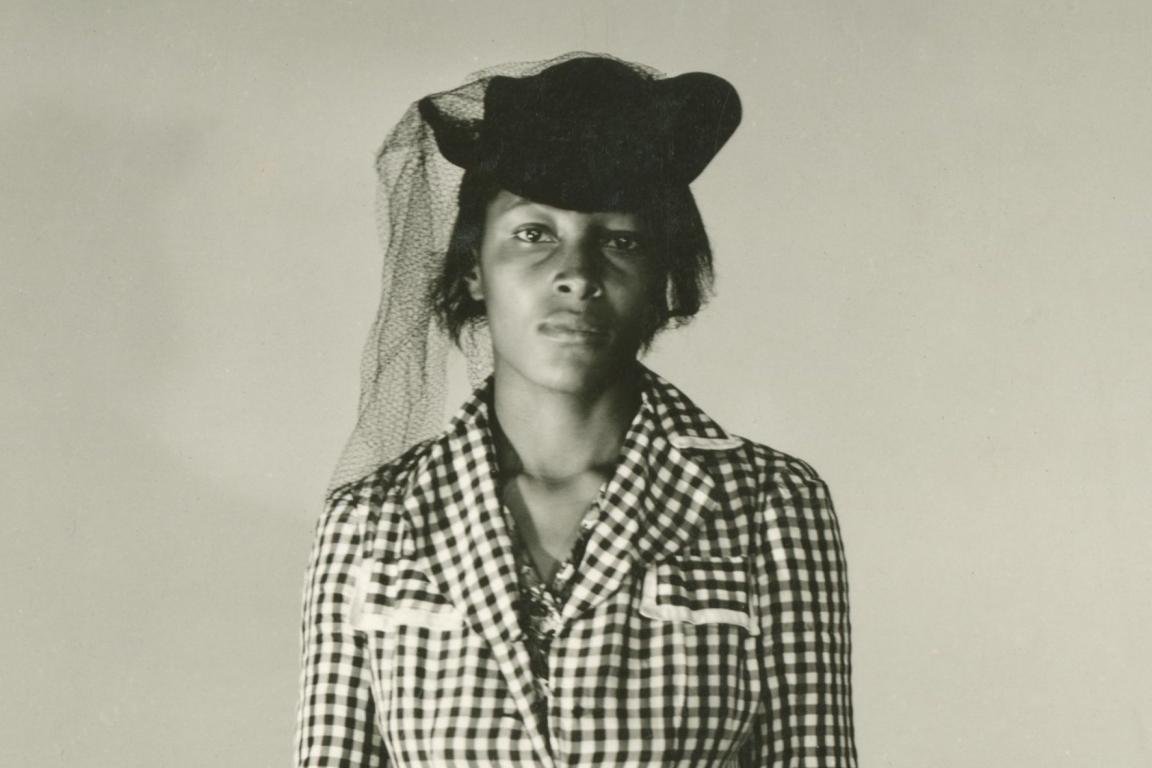In Praise of Unsung Black Women
Feb 2024
Guest Contributor: Madeline Tredway
In this month’s post, we welcome guest contributor Madeline Tredway to share a tribute to black women who often are left out of the history books. Madeline is a senior at Goucher College who recently worked with us as our amazing intern.
This Black History Month we want to honor and celebrate black women leaders who remain overlooked, unsung, and underappreciated. These are the black women who bravely stood up to injustice and blazed new trails, making a way out of no way. Race women, civil rights leaders, activists, artists, and innovators.
We are inspired by their stories and believe they still have so much to teach us—especially at a time when we are reminded of the ways black women’s voices are silenced and erased. There are way too many of our favorites to name here. Women like Claudia Jones, Gloria Richardson, Suzanne Cesaire, Anna Julia Cooper, and Nannie Helen Burroughs.
Here’s are four pioneering black women we think everyone should know.
Ann Petry. In high school, Ann Petry’s teacher had her read an essay she penned aloud and told her she could be a writer if she wanted to. Instead, her family pushed her to become a pharmacist, but she continued to write short stories and essays, even studying creative writing at Columbia University. During this time, she worked at an after-school program in Harlem. It was her experiences in Harlem that pushed her to write her first novel. She published her debut, The Street, to widespread acclaim and won the Houghton Mifflin Literary Fellowship. The book follows a single Black mother vying for the American dream while up against racism, sexism, and classism. Petry became the first African American woman to sell more than a million copies of a book, opening future doors for black women writers to tell their stories.
Mary Ellen Pleasant. Some believed Mary Ellen Pleasant was born free in Philadelphia. In other stories, she was born enslaved, or a daughter to a Caribbean voodoo priestess; a rich Virginian; a Hawaiian merchant. Allegedly, she often changed her stories to appeal to her audience. What is known for certain about Pleasant is that she was the most influential Black woman in Gold Rush era San Francisco. In 1820s New England, she helped expand the Underground Railroad with her abolitionist husband. After his death she made her way to California, where she invested and expanded her net worth substantially. She opened various shops, staffed mostly by Black workers, and bought properties, all while working as a housekeeper. She used her wealth to support Black libraries and churches and some have argued that she’s the first self-made African American millionaire.
Recy Taylor. In 1944, Recy Taylor, a black woman from Alabama, was walking home from church when six white men pulled up in a car and forced her to get in. Taylor was then raped at gunpoint by the six men. Immediately afterward, Taylor’s assault was reported to police and the assailants were identified. But police never called any of the attackers in—the first in a long list of ways the judicial system failed Taylor. She worked with NAACP officials to take her case to court. But none of the attackers were brought in front of the jury, making the only witnesses Taylor’s family and friends. After just five minutes of deliberation, the all-white, all-male jury dismissed her case. While the case garnered national attention, it wasn’t until 2011 that the Alabama Legislature apologized on behalf of the state.
Claudette Colvin. Nine months before Rosa Parks refused to give up her seat for a white passenger, fifteen year old Claudette Colvin climbed on a bus home from her high school in Montgomery, Alabama. As the bus filled up, a young white woman boarded and stood near Colvin expectantly, wanting her to get up. She declined and was arrested. Afterward, civil rights attorney Fred Gray filed a case in federal court challenging bus segregation, with Colvin as one of four plaintiffs. The case was successful, with bus segregation in Montgomery ruled unconstitutional — so why is Colvin left out of the history books? At the time of the proceedings, Colvin was pregnant by an older man. Colvin’s mom, as she recalls, told her to “be quiet about what [she] did. She told [her] to let Rosa be the one: white people aren’t going to bother Rosa, they like her.”


